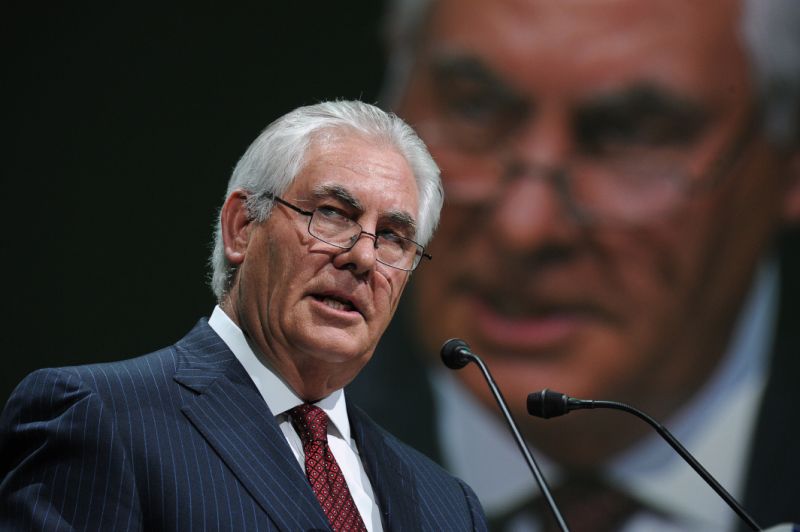Jamal Hussain
A briefing paper issued in February 2017 by the Hudson Institute, a research setup under the Heritage foundation titled “A New Approach to Pakistan: Enforcing Aid Conditions Without Cutting Ties”, advises the Trump administration on how to deal with Pakistan. A brief examination of the backgrounds of the academics who have authored the report and some of those listed as signatories would be relevant before evaluating its contents, conclusions and recommendations.
Hussain Haqqani (HH), the Director for South and Central Asia at Hudson Institute aided by Lisa Curtis, a senior research fellow, Asian Studies Centre at the Heritage Foundation have co-authored the study. Hussain Haqqani is a Pakistani who has settled in the USA. His colourful resume is one of a kind. President of Jamat e Islami (JI) student wing in his youth, HH became a strong supporter of Zia ul Haq when the General was in power during the 1980s. After Zia’s demise in a plane crash he latched on to the bandwagon of Zia’s protégé, Nawaz Sharif (NS), whose party opposed the resurgent Pakistan Peoples’ Party (PPP) under the young and popular Benazir Bhutto. Considered the architect of the smear campaign against Benazir during the 1988 General Elections in Pakistan, he was rewarded for his loyalty to NS with the post of Special Assistance to the Prime Minister when the latter came to power in 1990. By the end of the first tenure of NS, HH was appointed as the youngest ever High Commissioner of Pakistan to Sri Lanka.
After the dismissal of NS government and return of Benazir he was recruited by her as her spokesperson with the status of a minister of state. After Benazir’s dismissal in 1996, he became an academic and a decade and a half later when the PPP under Zardari gained power in the Centre, he was appointed the Pakistani ambassador to the USA. Dismissed for suspected anti-state activities, which he vehemently denies, accusing the Pakistan Army for orchestrating a plot to implicate him in a false case. HH settled in the USA and currently is the Director for South Asia and Central Asia at Hudson Institute. He has authored three books on Pakistan where his animosity towards the Pakistan Army is apparent. He is known to carry a grudge against the Pakistan Army that a clear majority of Pakistanis consider the only state institution which secures the country from foreign domination. With such a credential of HH, should one expect objectivity if he heads a policy paper advising the US administration on how to deal with Pakistan?
Lisa Curtis, the co-author is a retired CIA employee who has also served as a diplomat in Pakistan and India. With her CIA background where the confrontation of the CIA with the Pakistani intelligence agency the ISI is an open secret, can one expect an impartial approach when dealing with Pakistan where the ISI is known to provide key inputs on the conduct of the nation’s foreign policy?
Among the signatories, Christine Fair, Polly Nayak and Aparna Pande ring alarm bells. Christine Fair, who once was considered the darling of the Pakistan Army is now known for her anti Pakistan sentiments. Her earlier work on drones and her pro drone stance and viewpoints has been denounced as “surprisingly weak” by Brooking Institution and journalist Glenn Greenwald dismissed it as “rank propaganda.” In 2011 and 2012 she received funding from the US embassy in Islamabad to conduct a survey on public opinion concerning militancy. Her journalistic sources have been questioned for their credibility and she has been accused of having a conflict of interest due to her past work with the US government think tanks, as well as the CIA. In the Pakistani media she has been accused of double standards, partisanship towards India and has been criticised for her contacts with dissident leaders from Balochistan, a link which raises serious questions “if her interest in Pakistan is merely academic.”
Polly Nayak, a South Asian expert and currently an independent consultant retired from CIA in late 2002 as a senior executive. Her views on Pakistan, like those of Lisa Curtis, would not be free from the bias that colours CIA’s opinion about Pakistan and Pakistan’s premier intelligence agency the ISI, which is viewed as an ally only when its help is desperately sought- otherwise a nemesis.
Aparna Pande is a born Indian working for the Hudson Institute and her writings mirror the rabidly anti-Pakistan stance of the Indian government under Narendra Modi. Can an objective assessment of how USA should frame its Pakistan policy be based on a paper produced by the motely group of known Pakistani haters? The very composition of the team assembled to produce the Briefing Paper appears mala fide. How much credibility would one attach to a policy paper headed by Netanyahu of Israel about the Israeli/Palestine two-state solution or Steve Bannon evaluating the Obama/Affordable Care Act-not much. The Hudson Institute Briefing Paper is in the same league.



